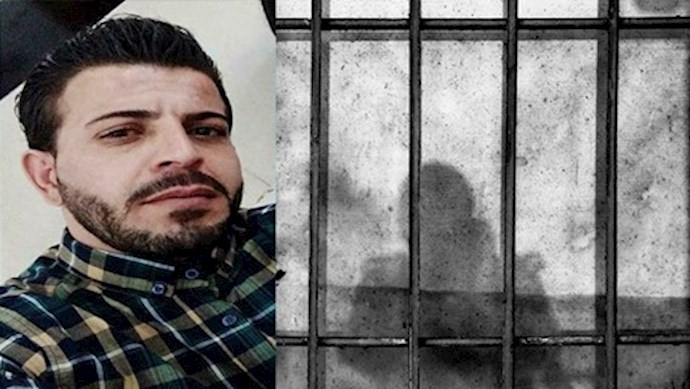Reporting by PMOI/MEK
Iran, April 13, 2021—Iranian authorities have sentenced two protesters arrested during the November 2019 major anti-regime demonstrations to long prison terms.
Jalal Namdari and Saeed Khaledi, the two protesters, were sentenced to a collective 13 years in prison on charges of participating in anti-regime protests that erupted after the regime imposed a sudden increase on the price of gasoline. Namdari is from Kermanshah and Khaledi from Paveh.
Based on the court’s verdict, Khaledi is sentenced to three years in prison for “acting against the national security and cooperation with dissident opposition groups” and another year for “spreading propaganda against the establishment.”
Namdari was sentenced to five years in prison for “acting against the national security and cooperation with the People’s Mojahedin Organization of Iran (PMOI/MEK)” and another three years for “assembling and collusion for crimes by participating and encouraging people to participate in the November protests.”
Namdari was arrested on December 30, 2020 by the intelligence unit of the Revolutionary Guard (IRGC). He is currently incarcerated in Kermanshah’s Diesel Abad prison. Khaledi was arrested shortly after and was released on bail until the court verdict was issued.
Human rights violations against political prisoners
There’s growing concern about human rights violations against protesters arrested during Iran’s November 2019 protests.
In a published report on September 3, 2020, Amnesty International announced that “during and in the aftermath of the protests, Iran’s police and intelligence and security forces arrested 7,000 of men, women, and children.
“Amnesty International’s research shows that many of the arrests took place during the five days of protests, but, in the days and weeks that followed, the pattern of mass arrests continued, particularly in provinces that had suffered high death tolls in a context in which the authorities had stationed significant numbers of security vehicles and personnel in public places to deter further protests,” the report said.
According to information obtained by the MEK, during the first few days of the uprising, security forces killed at least 1,500 protesters and made more than 12,000 arrests. Reuters confirmed these statistics on December 23, 2019.
On Monday, April 12, the European Union imposed sanctions on eight elite IRGC top figures for their role in the bloody crackdown of November 2019 protests.
“The bloc, which also hit three Iranian prisons with asset freezes, blacklisted Hossein Salami, head of the Revolutionary Guards, the most powerful and heavily armed security force in the Islamic Republic,” Reuters reported.
“Hossein Salami took part in the sessions that resulted in the orders to use lethal force to suppress the November 2019 protests. Hossein Salami, therefore, bears responsibility for serious human rights violations in Iran,” the EU said.
Maryam Rajavi, the President-elect of the National Council of Resistance of Iran (NCRI), welcomed fresh EU sanctions against the IRGC officials and stressed that “firmness is the only language Iran’s ruling mullahs understand.”
Rajavi reiterated the need to blacklist the entire IRGC and regime’s Ministry of Intelligence (MOIS) prosecute its mercenaries in Europe, expel them, and revoke their passports.
“They’re not political refugees or ordinary citizens, but MOIS spies and terrorists,” Mrs. Rajavi said.
I reiterate the need to blacklist the entire Revolutionary Guard Corps (#IRGC) and Ministry of Intelligence (MOIS), prosecute its mercenaries in Europe, expel them, and revoke their passports. They’re not political refugees or ordinary citizens, but MOIS spies & terrorists.
— Maryam Rajavi (@Maryam_Rajavi) April 12, 2021





